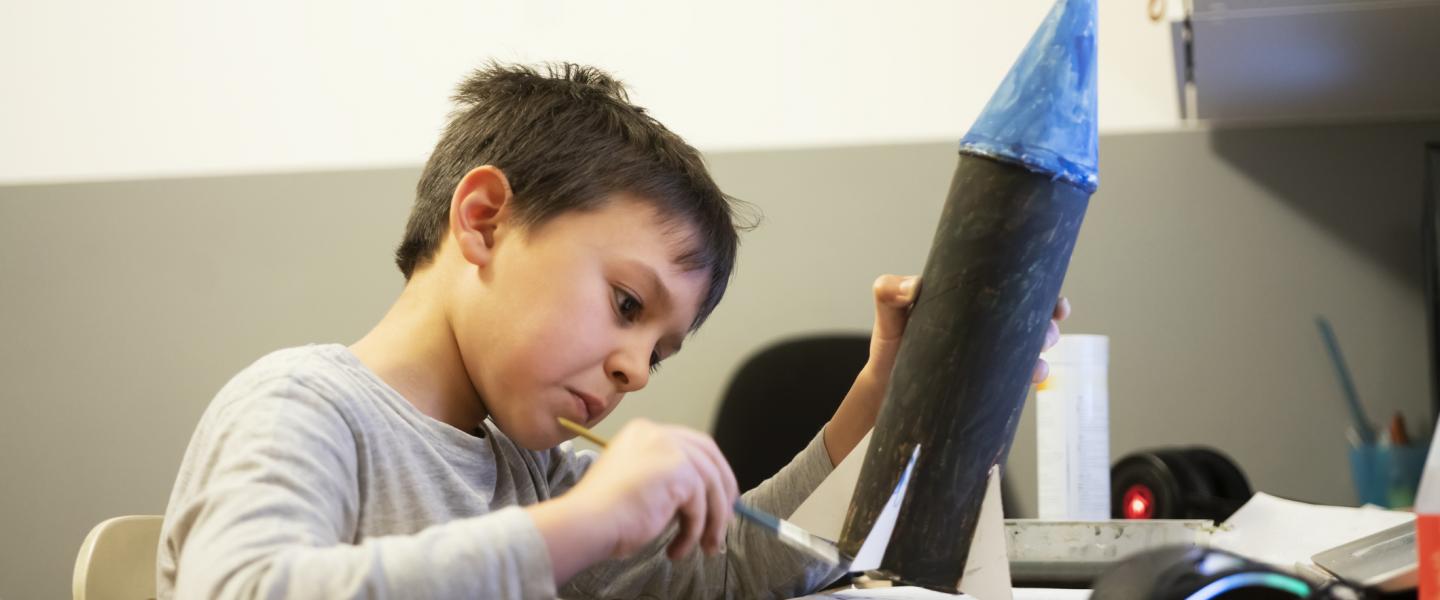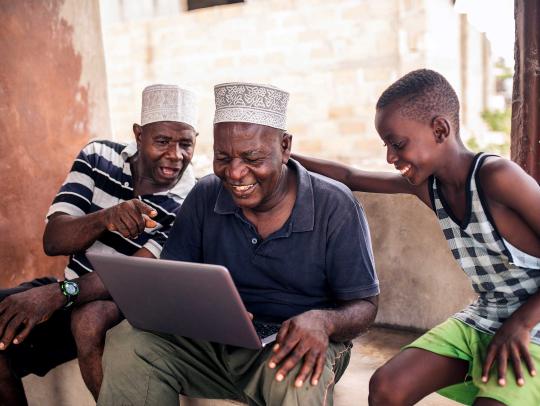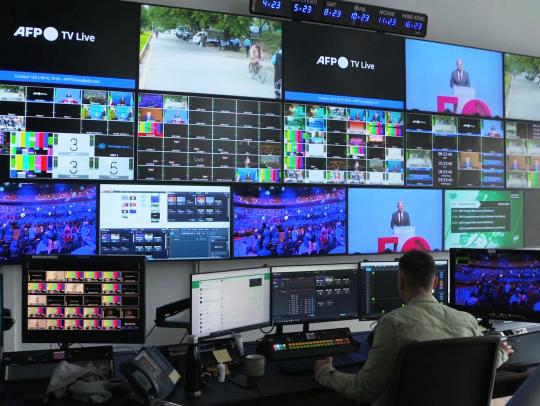Does a Global Crises impact the Space Segment?

Speaking on the topic of the disruptive evolution of space technologies during an incisive webinar titled "Space Segment Disruptive Evolution: GEO, MEO & LEO – Does a Global Crisis Make a Difference?", Hamid Nawaz (General Manager, Middle East and Central Asia) discussed how disruptive technologies have been affected by the ongoing Covid-19 crisis.
In-orbit technologies are rapidly evolving and creating new markets – perhaps even more so in light of the ongoing pandemic. GEO, MEO, and LEO constellations are being expanded, upgraded, and deployed respectively, and this is all being done to meet ever-growing bandwidth demands. These disruptive technologies have, however, been met with challenges related to the equally disruptive pandemic.
Social distancing and heightened isolation measures have led to a spike in demand for Internet, resulting in the substantial expansion of fixed and mobile broadband in terms of both reach and bandwidth. The unprecedented global health crisis served to alter everyday patterns of demand, which has resulted in service providers wrestling with new products having to be developed to deal with the pandemic’s effects. Hamid notes that the priority should lie with developing “smarter Broadband VSAT systems with local caching and adaptive traffic shaping, so that more sharing can take place in order to accommodate the additional demand – without compromising the quality of experience for the individual user.”
Industries such as oil, gas, energy, and maritime hospitality have been drastically slowed, which has created an environment of relative stagnation. But Hamid asserts that “At SES, we’ve continued running our day-to-day operations with the usual precautions and the schedule of the satellites’ manufacturing has also not been affected”. Although no one can be sure how long the effects of the pandemic will be felt across many industries, what Hamid can assure is that SES’ functioning has been left largely unscathed by multiple worldwide lockdowns.
While some sectors have struggled to navigate these turbulent times, Hamid asserts that the pandemic and its far-reaching effects have resulted in SES ultimately being driven for growth and evolution. Hamid noted that SES firmly believe in multiple orbits; SES is the only satellite operator with satellites in both the MEO and GEO orbits. Moreover, SES is building O3b mPOWER solutions targeted to telcos, governments and enterprise customers. This is the same model we embraced with O3b. SES is best positioned to execute this goal by enabling our carrier and government customers to deliver broadband to end-users (through, for example, mobile backhaul and digital inclusion solutions).
Hamid asserted that the company’s key strength has been the ability to offer carrier-grade, multi-gigabit, uncontended services. He said, “Our success with O3b has been due to the fact that we have been able to address the two key questions that our customers have: how do we grow their revenue, and how do we save them costs. On top of that is the seamless, frictionless user experience that we have been able to deliver; be it to guests on cruise liners or the 4G mobile Internet user in a remote mountainous settlement.”
Hamid finally noted that the lockdown situation had the potential to slow operations down; however, he concluded that he does not see “any meaningful, long-term impact on the technologies that are being deployed or under development,” including the advancement and deployment of MEO and GEO constellations.




